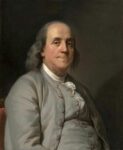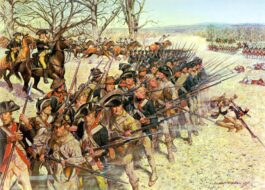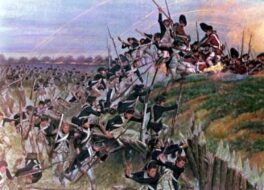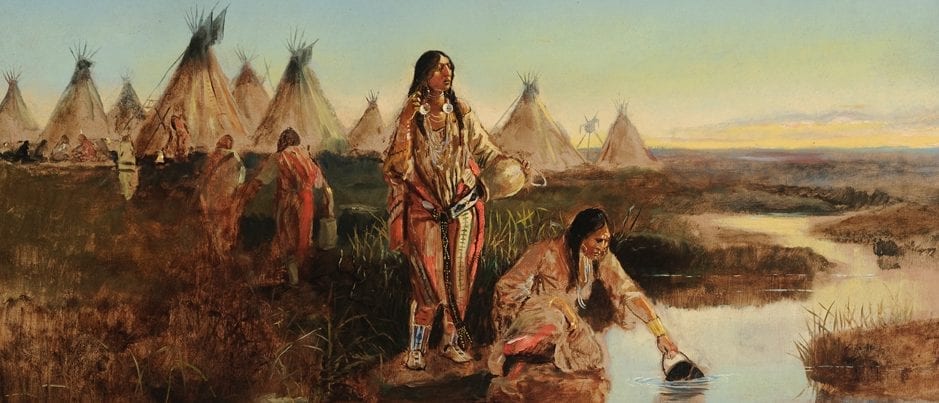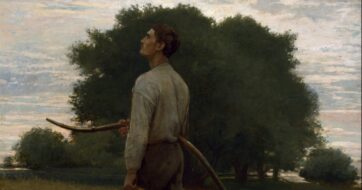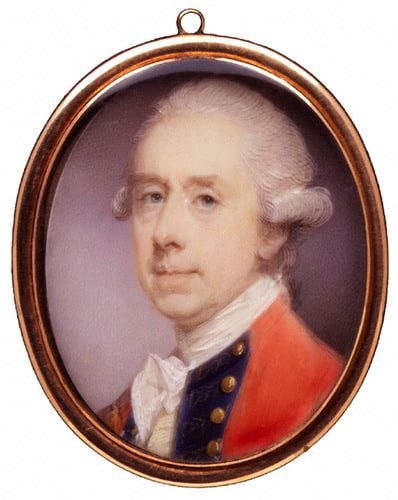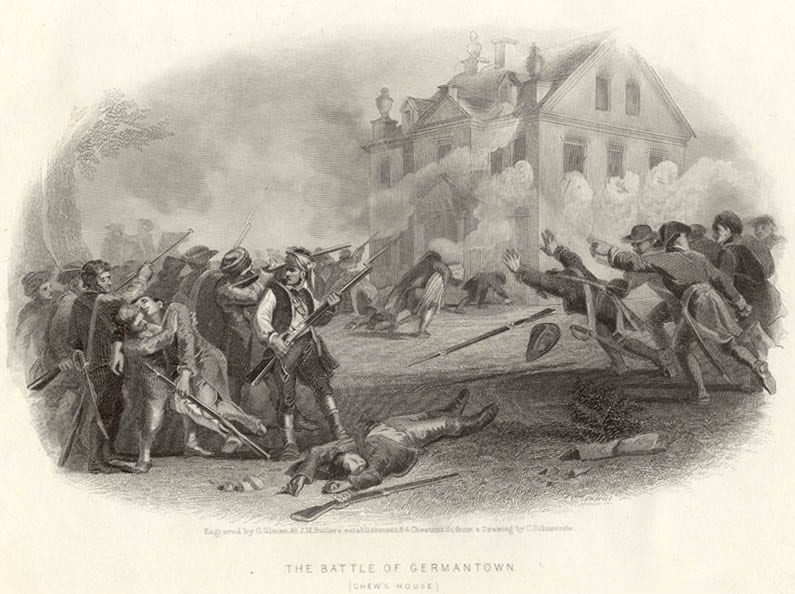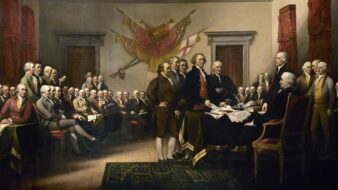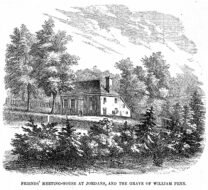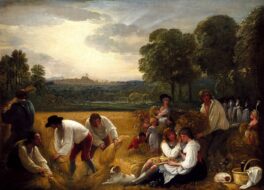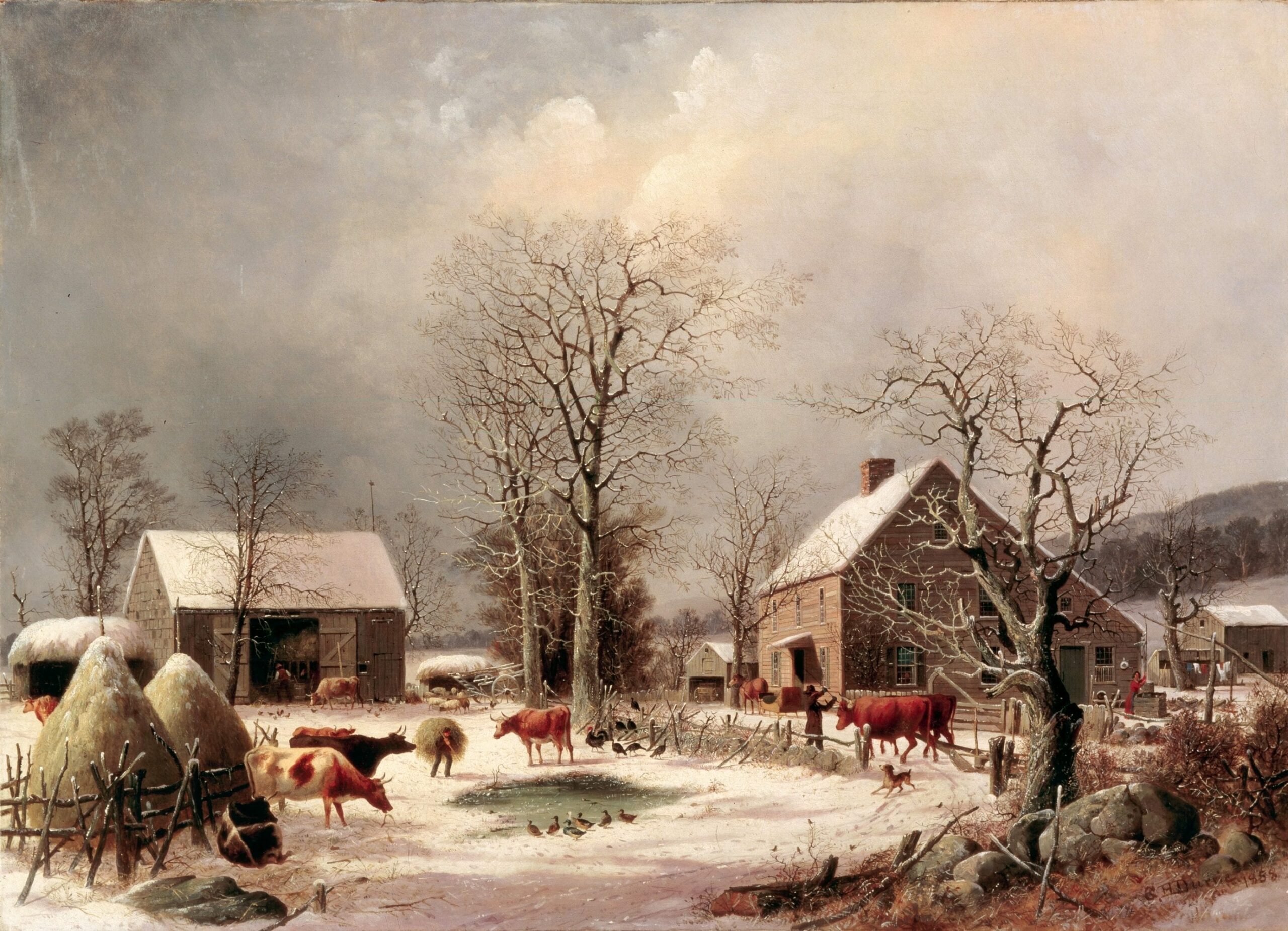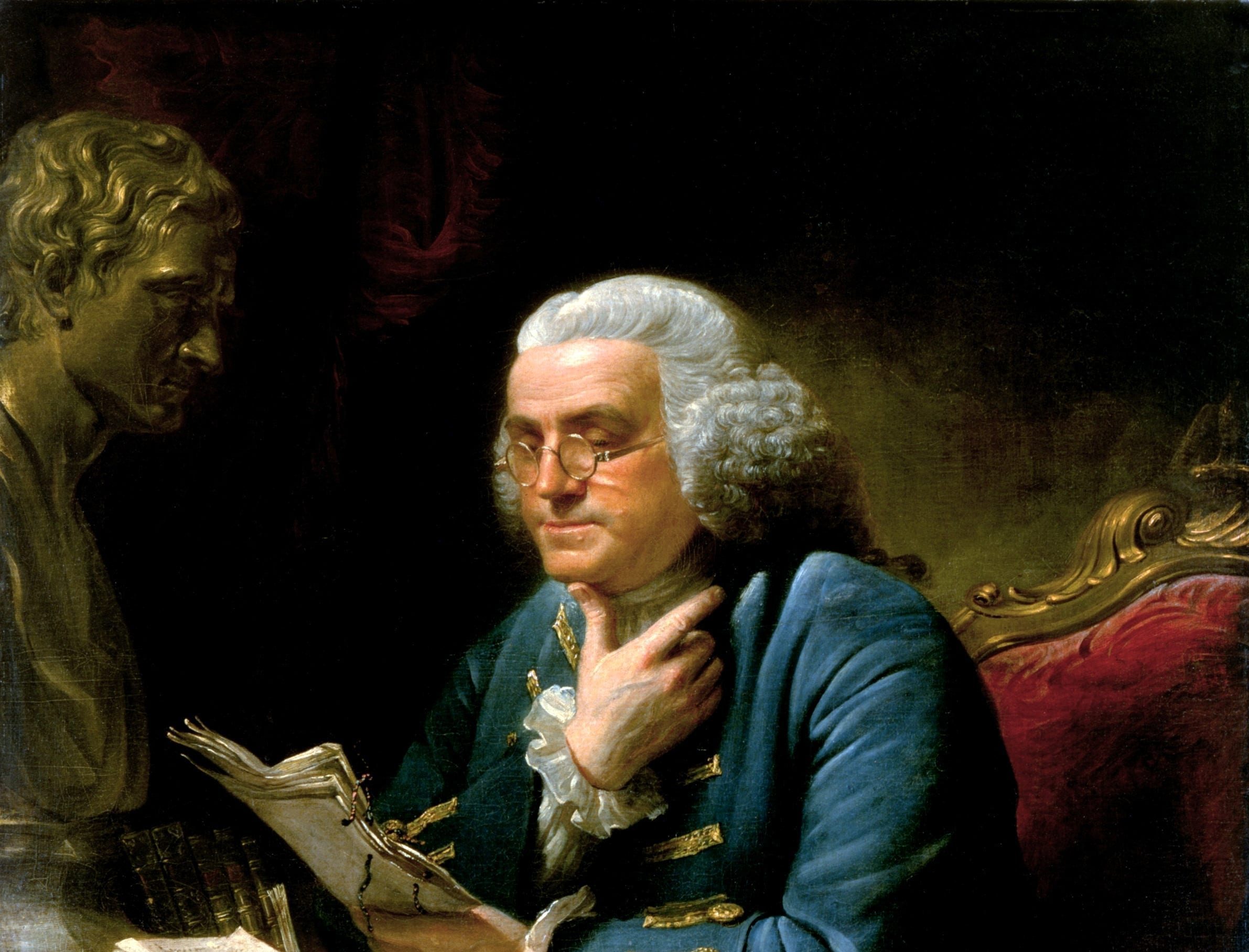Introduction
While Thomas Jefferson and Thomas Paine sought to secure Americans’ support for independence through their words, it fell upon the members of the Continental Army to win hearts and minds through their deeds. This was no small task given the diversity of opinion regarding the American Revolution. Further complicating matters, the army’s new, young, and sometimes undisciplined soldiers were often poorly fed and supplied. Under these circumstances, how could the Continental Army convince American citizens—who had been raised to fear armies as instruments of oppression—that it deserved support as a defender of their lives, liberty, and property?
The recollections of Hugh McDonald (born in Scotland ca. 1762), who at age fourteen enlisted as a Continental Army private, shed light on this question. In 1774 McDonald settled in North Carolina with his father, who cast his lot with the Loyalists. They fought Patriots at the February 1776 Battle of Moore’s Creek Bridge. Defeated, captured, and then released, they returned home. Four months later, as Continental cavalrymen approached their farm, McDonald’s father threatened to kill him if he aided the rebels, but that’s what he ended up doing. Afraid to return home, he joined the Continental Army’s North Carolina brigade, eventually serving under Brigadier General Francis Nash (ca. 1742–1777). Nash led his North Carolina soldiers at the 1777 battles of Brandywine (September 11) and Germantown (October 4), where he was shot in the head and endured the mangling of his leg by a cannonball. He died on October 7.
—Robert M.S. McDonald
…We received orders to march to the north and join the grand camp, commanded by Washington…. We marched from Wilmington, under the command of Gen. Frank Nash, and proceeded to the Roanoke River and encamped about a mile and a half from the town of Halifax…. There we remained about three weeks, when [in late December 1776] we received orders to turn back and go and meet the British … and prevent them from getting into the State of Georgia…. On our march, we lay on the south side of Contentnea Creek, where there were living an old man and woman who had a number of geese about the house. The next morning about twenty of their geese were missing. They came to the camp inquiring about them, but getting no information among the tents, they went to the general, who said he could do nothing unless they produced the guilty. On his giving them ten dollars, however, they went away satisfied; and I am very sure I got some of them [the geese] to eat. Being a sleepy-headed boy, I always went to sleep as soon as the fires were made, and having done so now, about midnight a Mr. John Turner, a messmate of mine, tried to awaken me, which he found difficult to do, but being a strong man, he lifted me up and began sticking pins in my rump until I was fully awake, when he said: “Damn you, go to the kettle and see what you’ll find there.” I went and found fowl, fresh and fat. I did not understand it that night, but did when the old folks came next morning inquiring about their geese. The general, after paying them, gave the men strict orders to be honest or he would punish the least offense of that kind with severity….
[Around April 1777] we… crossed the James River at the town of Richmond, where there were fishers, and having gotten leave there also to draw the seine,[6] every man took as many fish as he wanted. While passing through the town a shoemaker stood in his door and cried, “Hurrah for King George,” of which no one took any notice; but after halting in a wood a little distance beyond, where we cooked and ate our fish, the shoemaker came to us and began again to hurrah for King George. When the general and his aids mounted and started, he still followed them, hurrahing for King George, upon which the general ordered him to be taken back to the river and ducked. We brought a long rope, tied it about his middle and seesawed him backwards and forwards until we had him nearly drowned, but every time he got his head above water he would cry for King George. The general having then ordered him to be tarred and feathered, a feather bed was taken from his own house, where were his wife and four likely daughters crying and beseeching their father to hold his tongue, but still he would not. We tore the bed open and knocked the top out of a tar barrel into which we plunged him headlong. He was then drawn out by the heels and rolled in the feathers until he was a sight, but still he would hurrah for King George. The general then ordered him drummed out of the west end of the town and told him expressly that if he plagued him any more in that way he would have him shot. So we saw no more of the shoemaker.




